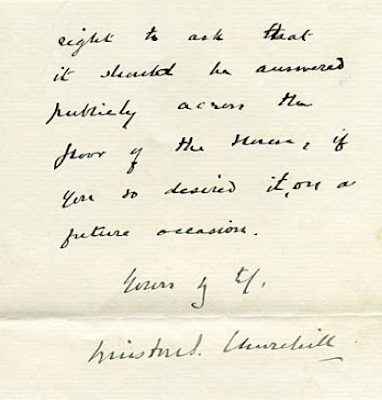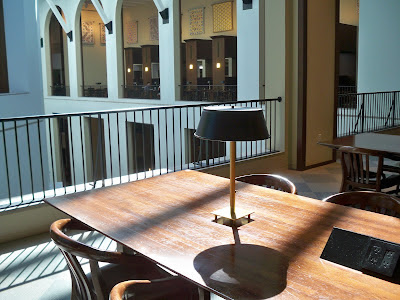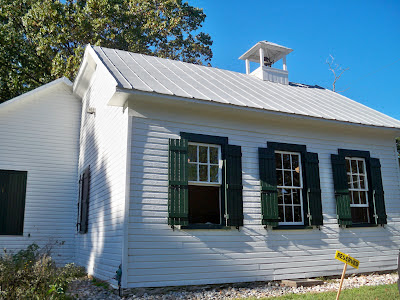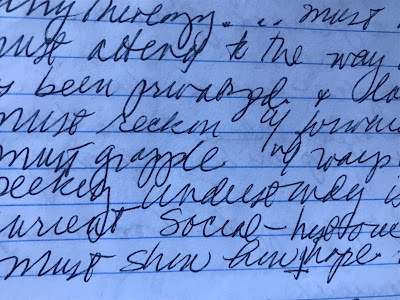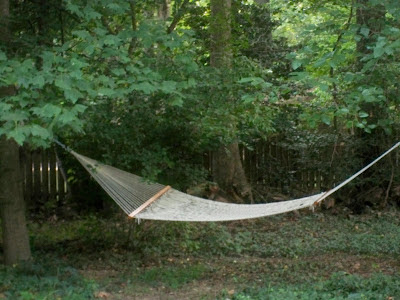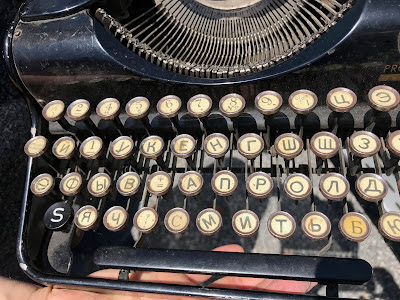An article in the new Atlantic charts the disturbing loss of cursive skills among the young in this country. Kids aren’t learning to write longhand in school; they’re tapping keys instead. A college professor notes that cursive is becoming like ancient Latin or Greek, a tongue that needs to be translated.
This is horrifying and disappointing and yet more evidence that the world as we know it is falling apart … but it may solve a problem I’ve been mulling over for some time.
As noted in the “About Me” section of this blog, I’ve been keeping a journal for most of my life, a practice that has generated a goodly number of notebooks through the years. While most of the material in these notebooks is absolutely positively squeaky clean, there may be a few passages that I’d, well, rather not leave behind.
True, I could burn the lot, but I’d rather not. After reading the Atlantic article, though, I’m thinking my scribbles may be safe. Given the decline of penmanship instruction, it seems fairly certain that my grandchildren won’t be able to read my journals, and probably one or two of my children won’t either.
The decline of cursive may not be good for civilization, but for those of us who keep journals, it’s a blessing in disguise.


